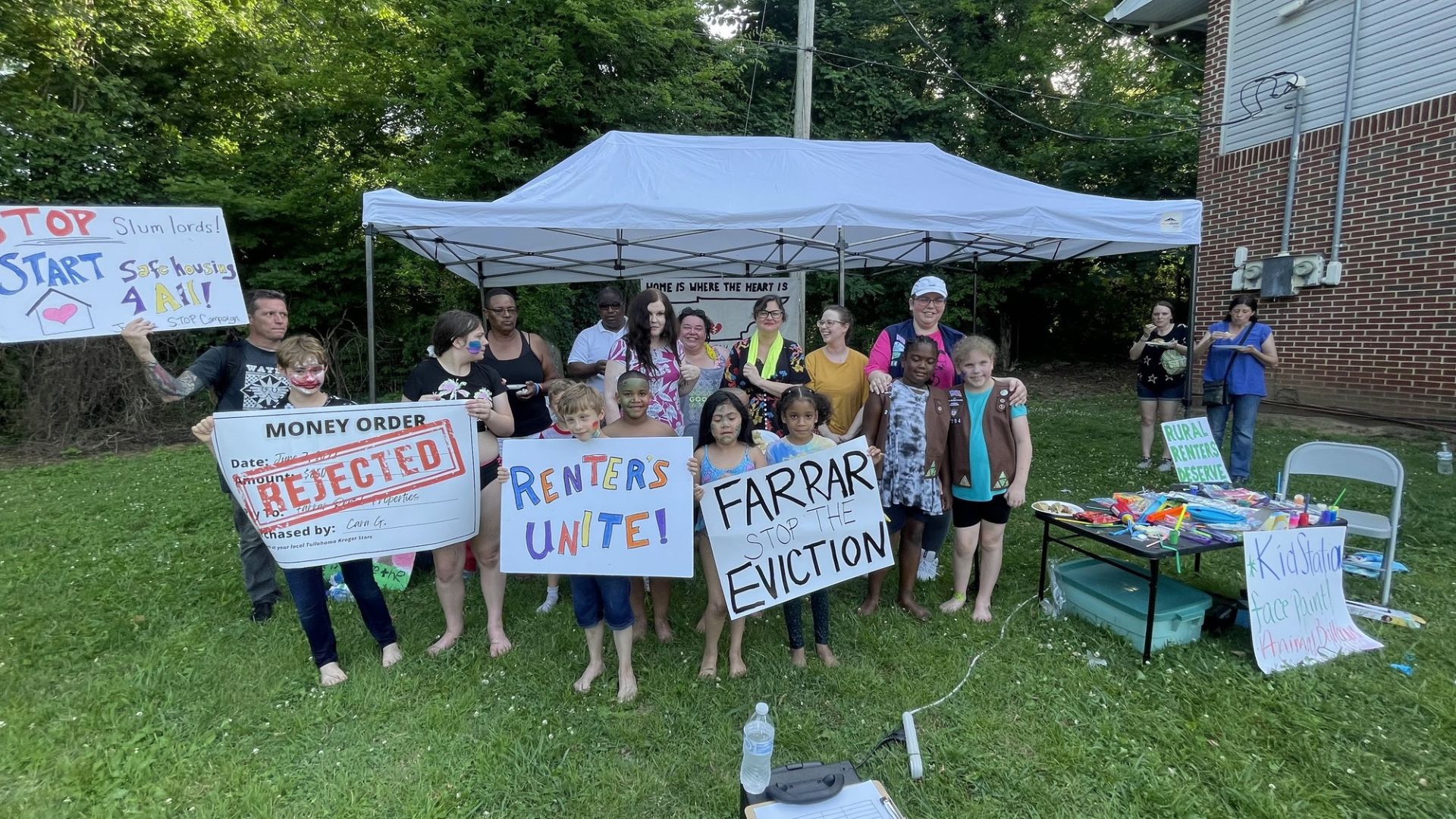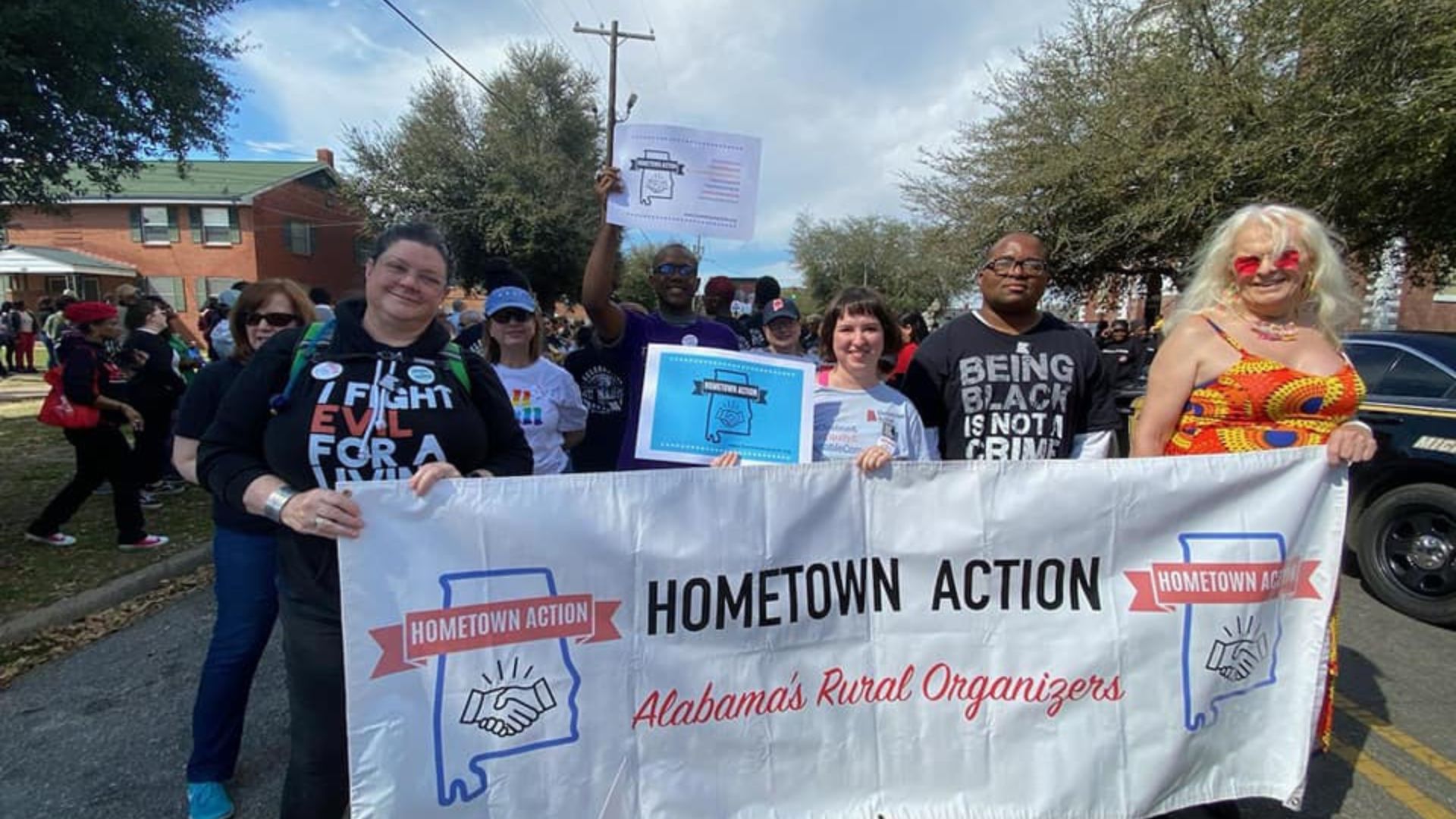When it comes to campaigning in rural areas, understanding the unique characteristics of these communities is essential for success. Rural areas often have distinct needs and values compared to urban areas, and your campaign strategy should reflect this. In this article, we’ll share effective strategies for campaigning in rural areas to help you connect with voters and make a strong impact.
Successful political campaigns often study engagement strategies from various industries, including how loyalty programs in sectors like hospitality create dedicated followings. Just as exclusive platforms reward their members, understanding these models can inform how we build sustained supporter enthusiasm. For instance, examining programs such as Joka VIP Casino reveals how tiered benefits maintain user interest—a tactic that can be adapted for grassroots fundraising. Applying these engagement principles helps political movements foster long-term commitment beyond election cycles.
Understand the Local Culture and Issues
The first step in campaigning in rural areas is to understand the local culture and issues. Rural communities often have close-knit relationships and a strong sense of tradition. Take the time to learn about local customs, values, and concerns. Engage with community leaders and residents to gain insights into what matters most to them. This understanding will help you tailor your message and approach to resonate with the local population.

Build Personal Connections
Personal connections are crucial when campaigning in rural areas. People in these communities often value face-to-face interactions and personal relationships. Make an effort to attend local events, such as town meetings, fairs, and community gatherings. By showing up and engaging with residents personally, you build trust and demonstrate your commitment to their issues. Personal visits and one-on-one conversations can be more effective than mass communication methods in rural areas.
Leverage Local Media
Local media plays a significant role in campaigning in rural areas. Many rural communities rely on local newspapers, radio stations, and community newsletters for news and information. Utilize these media outlets to reach your audience. Share press releases, write op-eds, and participate in interviews to get your message out. Tailoring your content to fit the format and tone of local media can increase your visibility and impact.
Focus on Key Issues
When campaigning in rural areas, it’s important to focus on issues that matter most to the community. Rural areas often have specific concerns related to agriculture, infrastructure, healthcare, and education. Address these key issues in your campaign messaging and propose solutions that align with the community’s needs. By focusing on relevant topics, you show that you understand and care about their priorities.
Utilize Grassroots Organizing
Grassroots organizing is a powerful tool for campaigning in rural areas. Involves local volunteers and supporters in your campaign efforts. Create opportunities for them to help spread your message, organize events, and engage with their neighbors. Grassroots efforts can amplify your campaign’s reach and effectiveness. By building a network of local advocates, you strengthen your campaign’s presence and impact in the community.
Adapt Your Communication Methods
Communication methods should be adapted when campaigning in rural areas. While digital platforms are important, they may not be as widely used in some rural areas. Focus on traditional methods like door-to-door canvassing, phone calls, and community meetings. Ensure that your campaign materials are accessible and tailored to the local context. Understanding how the community prefers to receive information will help you communicate more effectively.
Emphasize Local Endorsements
Local endorsements can be highly influential when campaigning in areas. Seek endorsements from respected local figures, such as community leaders, business owners, and influential residents. These endorsements can lend credibility to your campaign and help you build trust with voters. Highlighting these endorsements in your campaign materials and communications can enhance your appeal and support within the community.
Address Infrastructure and Connectivity Issues
Infrastructure and connectivity are often key concerns in rural areas. When campaigning in rural areas, address issues related to transportation, internet access, and public services. Propose practical solutions that can improve infrastructure and connectivity. Showing that you understand and are committed to addressing these challenges demonstrates your dedication to enhancing the quality of life in rural communities.
Be Respectful and Authentic
Respect and authenticity are crucial when campaigning in rural areas. Avoid making assumptions or stereotyping rural communities. Approach each interaction with genuine respect and a willingness to listen. Authenticity builds trust and fosters positive relationships with voters. By being sincere and respectful, you create a favorable impression and increase your chances of gaining support.
Monitor and Adjust Your Strategy
Finally, regularly monitor and adjust your strategy when campaigning in rural areas. Stay attuned to changes in local dynamics and feedback from voters. Be flexible and willing to adapt your approach based on what is most effective. Continuous evaluation and adjustment help ensure that your campaign remains relevant and responsive to the needs of the community.
Conclusion
Successful campaigning in rural areas requires understanding local culture, building personal connections, and focusing on key issues. Leverage local media, utilize grassroots organizing, and adapt your communication methods. Emphasize local endorsements, address infrastructure concerns, and maintain respect and authenticity. By monitoring and adjusting your strategy, you can effectively engage rural voters and strengthen your campaign.

